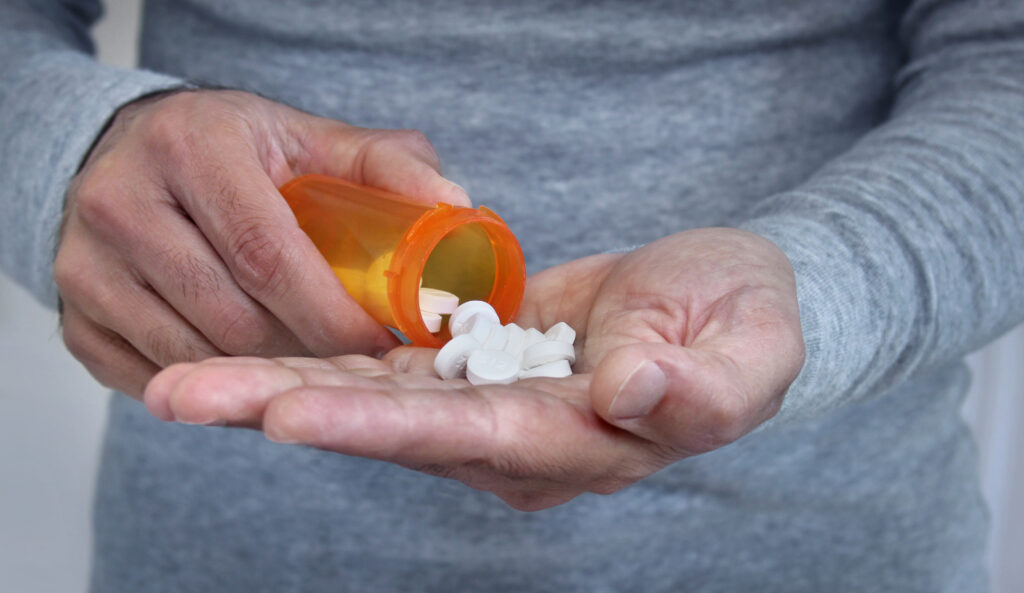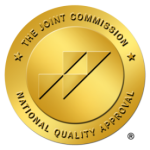Drug addiction is a chronic disease that affects people of all ages, genders, and socioeconomic statuses. Detecting drug use can be challenging, but it is essential to recognize the signs and symptoms to get the person the help they need. In this guide, we will cover the common signs of drug use, the physical and psychological symptoms, and how to approach someone with a potential addiction.
Signs of drug use
Detecting drug use can be challenging, but there are several signs to look out for. Some common signs of drug use include changes in behavior, such as being more secretive, withdrawn, or paranoid than usual, and becoming more hostile, aggressive, or violent. Another sign is losing weight or experiencing changes in appetite, along with nausea, vomiting, or diarrhea. It is also essential to take note if the person has started hanging out with a new group of friends who also use drugs.
Physical symptoms
Drug use can cause physical symptoms that may be easier to detect. The following are some common physical symptoms of drug use to look out for:
- Dilated pupils or bloodshot eyes: Drugs like marijuana, cocaine, and methamphetamines can cause dilated pupils, while opioids and alcohol can cause constricted pupils. Bloodshot eyes are a common sign of marijuana use.
- Tremors or shakes: Some drugs, such as cocaine and methamphetamines, can cause tremors or shakes.
- Sweating more than usual: Opioids and alcohol can cause excessive sweating.
- Skin changes, such as acne, sores, or rashes: Injecting drugs can cause skin infections, which can result in sores or rashes. Methamphetamines can also cause acne.
Psychological symptoms
Drug use can also cause psychological symptoms. The following are some common psychological symptoms of drug use:
- Anxiety or paranoia: Stimulants like cocaine and methamphetamines can cause anxiety or paranoia.
- Depression: Depressants like alcohol and opioids can cause depression.
- Hallucinations: Drugs like LSD and PCP can cause hallucinations.
- Mood swings, including irritability, anger, or euphoria: Different drugs can cause different types of mood swings. Stimulants like cocaine and methamphetamines can cause irritability and anger, while opioids can cause euphoria.
Approaching someone with a potential addiction
If you suspect that someone you care about may be using drugs, it is essential to approach the situation with care and compassion. Choose the right time and place to talk to the person where they feel comfortable and safe. Avoid being confrontational and approach the person with concern and compassion. Express how their behavior is affecting you using “I” statements. For example, “I have noticed that you have been acting differently lately, and it’s worrying me.” Offer support and let the person know that you are there for them. Encourage them to seek help and offer to help them find resources.
Resources for help
If you or someone you care about is struggling with drug addiction, there are several resources available for help. Some of the resources include:
- Addiction and mental health treatment centers: Treatment centers offer various programs to help individuals overcome addiction, such as detoxification, counseling, and medication-assisted treatment.
- Support groups: Support groups like Alcoholics Anonymous (AA) and Narcotics Anonymous (NA) provide a supportive environment for individuals to share their experiences and receive support from others who have gone through similar experiences.
- Mental health professionals: Mental health professionals like psychologists, psychiatrists, and social workers can provide therapy and counseling to individuals struggling with addiction.
Prevention of drug addiction
Prevention is essential to avoid drug addiction. Here are some tips to prevent drug addiction:
- Educate yourself and others about drug addiction: Educate yourself and others about the dangers of drug addiction and the potential consequences it can have on one’s life. This can include talking to your children about the risks of drug use or learning more about the drugs that are commonly abused in your community.
- Create a supportive environment: Build a supportive environment for yourself and others by surrounding yourself with positive influences, such as family and friends who do not use drugs. Encourage healthy behaviors and provide opportunities for positive experiences.
- Seek help for mental health issues: Mental health issues such as anxiety, depression, and trauma can contribute to drug addiction. Seeking help from a mental health professional can help individuals manage their mental health and avoid turning to drugs as a coping mechanism.
- Avoid high-risk situations: Avoid situations that can increase the risk of drug use, such as parties where drugs are present or hanging out with friends who use drugs.
- Properly dispose of medications: Properly dispose of any unused or expired medications to prevent them from falling into the wrong hands.
Detecting drug use can be challenging, but by knowing the signs and symptoms, we can help individuals get the help they need. It is essential to approach someone with a potential addiction with care and compassion and offer support and resources for help. Prevention is key to avoiding drug addiction, and we can take steps to create a supportive environment and avoid high-risk situations. By educating ourselves and others about the dangers of drug addiction and taking preventive measures, we can make a positive impact on our communities and help individuals live healthy, fulfilling lives.





